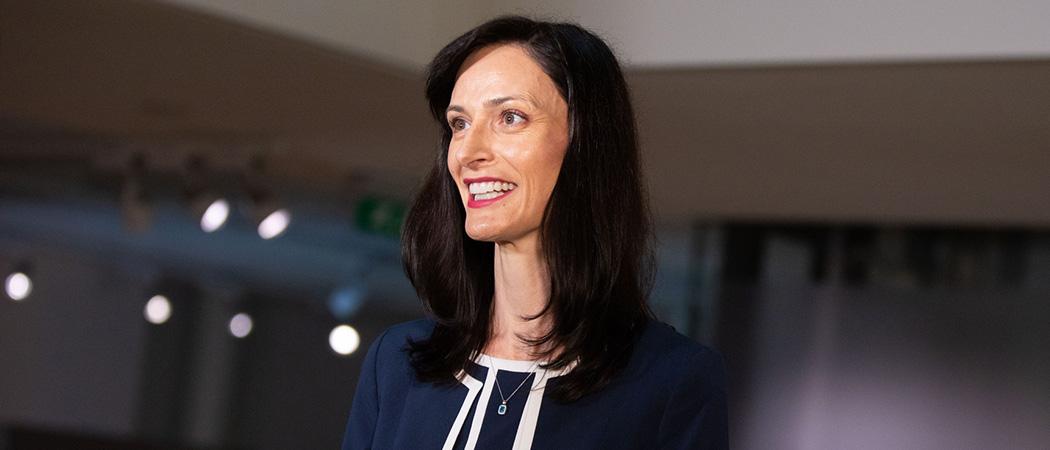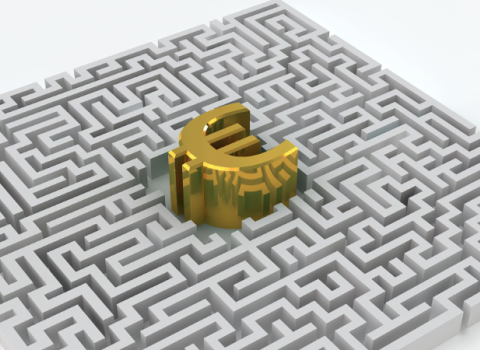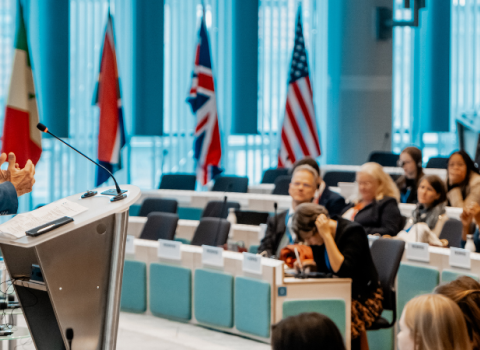EU’s new 5 year €1.38B Euratom nuclear research programme puts fusion first. Despite its strategic importance and climate friendly credentials, fission research looks to the past, focusing on waste management and decommissioning

Mariya Gabriel, EU research commissioner. Photo : European Parliament
The EU will invest €300 million in nuclear energy research in 2021 as part of Euratom, the EU’s five-year €1.38 billion programme, with a third of the funding this year - €102 million - going to push forward nuclear fusion.
Only around a fifth of the Euratom budget will go into fission research, leaving nuclear lobbies unhappy. “We are of course disappointed to see the low levels of funds being granted to fission R&D,” said the FORATOM trade association for nuclear energy. “This is due to the majority of the funds now being allocated to fusion.”
In the next five years, there is €583 million for fusion research and development, compared to €266 million for nuclear fission, safety and radiation protection. The balance of €532 million is for research in the Commission’s in-house science hub, the Joint Research Centre.
Nuclear energy is an important strategic resource, with nuclear fission accounting for almost 26% of electricity produced in the EU. It also has the great attraction of being carbon neutral. But its safety record and the age of many nuclear plants is prompting the search for alternatives. After the Fukushima nuclear accident in Japan in 2011, Germany moved to phase out all nuclear energy by 2022 as a safety precaution.
The lack of funding for fission – apart from nuclear waste management and decommissioning - looks misplaced at a time when research into clean energy technologies is critical, FORATOM believes.
EU research commissioner Mariya Gabriel said she is pleased to see Euratom “move beyond traditional energy issues of great importance, such as nuclear safety, to also tackle societal concerns like health and education.”
Some parts of the new Euratom programme are more closely tied than previously to the EU Horizon Europe research programme. One example is a call for cross-sectoral synergies and new applications of nuclear technologies. “This is an area we have been stressing is of importance for some time,” said FORATOM. “We are glad to see some new directions in the Euratom [work programme].”
In the first year of the five-year programme, Euratom will have 16 open calls, as well as directly funding a number of other projects, including in-house at the European Commission’s Joint Research Centre. For all these calls, the participation rules are the same as for Horizon Europe.
Euratom’s fusion research funding will mostly be channelled through ITER, the megaproject that is constructing a magnetic fusion device in south west France. The device is intended to prove the feasibility of fusion as a large-scale and carbon-free source of energy. Working in partnership with research and energy organisations from EU member states, Switzerland, and the UK, the Euratom funded research will help generate knowledge and provide training for fusion scientists and engineers, in preparation for ITER becoming operational by 2025, when it is foreseen to start running low power hydrogen fusion reactions.
This will be the first time the UK is involved in ITER research as a non-member of the EU. It maintains its position following the signing in December 2020 of the Nuclear Cooperation Agreement between the UK and Euratom, which is the legal entity through which Europe holds its membership in ITER. Meanwhile, Switzerland’s level of involvement in cross over Euratom/Horizon Europe research, is less clear, after the European Commission said the country would not be eligible to take part in Horizon Europe.
The 16 calls are set to open for applications on 7 July, with seven focused on safety, one on harmonising the application of the international framework in nuclear waste management and decommissioning, three calls looking into the applications of nuclear science, and five for building up competences and expertise in the field. They will largely focus on fission.





 A unique international forum for public research organisations and companies to connect their external engagement with strategic interests around their R&D system.
A unique international forum for public research organisations and companies to connect their external engagement with strategic interests around their R&D system.